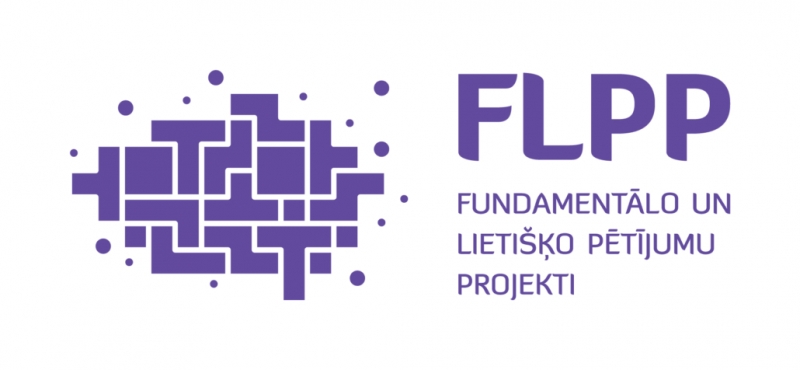Characterisation of Pyrus communis - Gymnosporangium sabinae interaction aspects for resistance breeding (PyGyResist)

Pears are economically significant fruits widely grown worldwide, mainly in temperate climate regions. An essential issue in pear growing becomes European pear rust (EPR) caused by Gymnosporangium sabinae, a two-host (junipers, pears) fungal pathogen. G. sabinae inhibits photosynthesis, thus delaying and lowering fruit yield. EPR control is mainly done with help of fungicides. However, with increasing demands for environmentally friendly management strategies, including decreasing pesticide use, alternatives to fungicides are becoming necessary. Despite no fully resistant pears, previous research has found several genotypes that have expressed stable resistance to EPR. This has prompted research into possible resistance mechanisms found in pears, which could be singled out for breeding purposes.
The general project aim was defined as to create new knowledge on the Pyrus and Gymnosporangium sabinae interaction, including morphological, anatomical, physiological, and genetic mechanisms, to create a scientific basis for breeding pear cultivars resistant to European pear rust.
The aim will be achieved by implementing the following specific objectives:
- Identification and confirmation of Pyrus communis genotypes resistant to European pear rust based on long-term systematic field observations and bioassays,
- Analysis of pear leaf histology via the use of light and electron-microscopy to identify anatomical characteristics that contribute to pear resistance against European pear rust,
- Comparative transcriptome sequencing of infected and healthy leaves of pear genotypes to identify resistance mechanisms and variation in gene expression that contributes to pear resistance to European pear rust.
Project cooperation partner: Latvian State Forest Research Institute "Silava"

Information about the breeding program, its goals and achieved results has been provided at scientific conferences:
- IOBC-WPRS Working Group Conference "Integrated Protection of Fruit Crops" (BENEFruit 2025), held on 14-18 September 2025, in Wageningen, the Netherlands, oral report "Monitoring of European pear rust disease severity in local Pyrus landrace for selection of resistant breeding material" (authors: K. Kārkliņa, B. Lāce, G. Lācis)